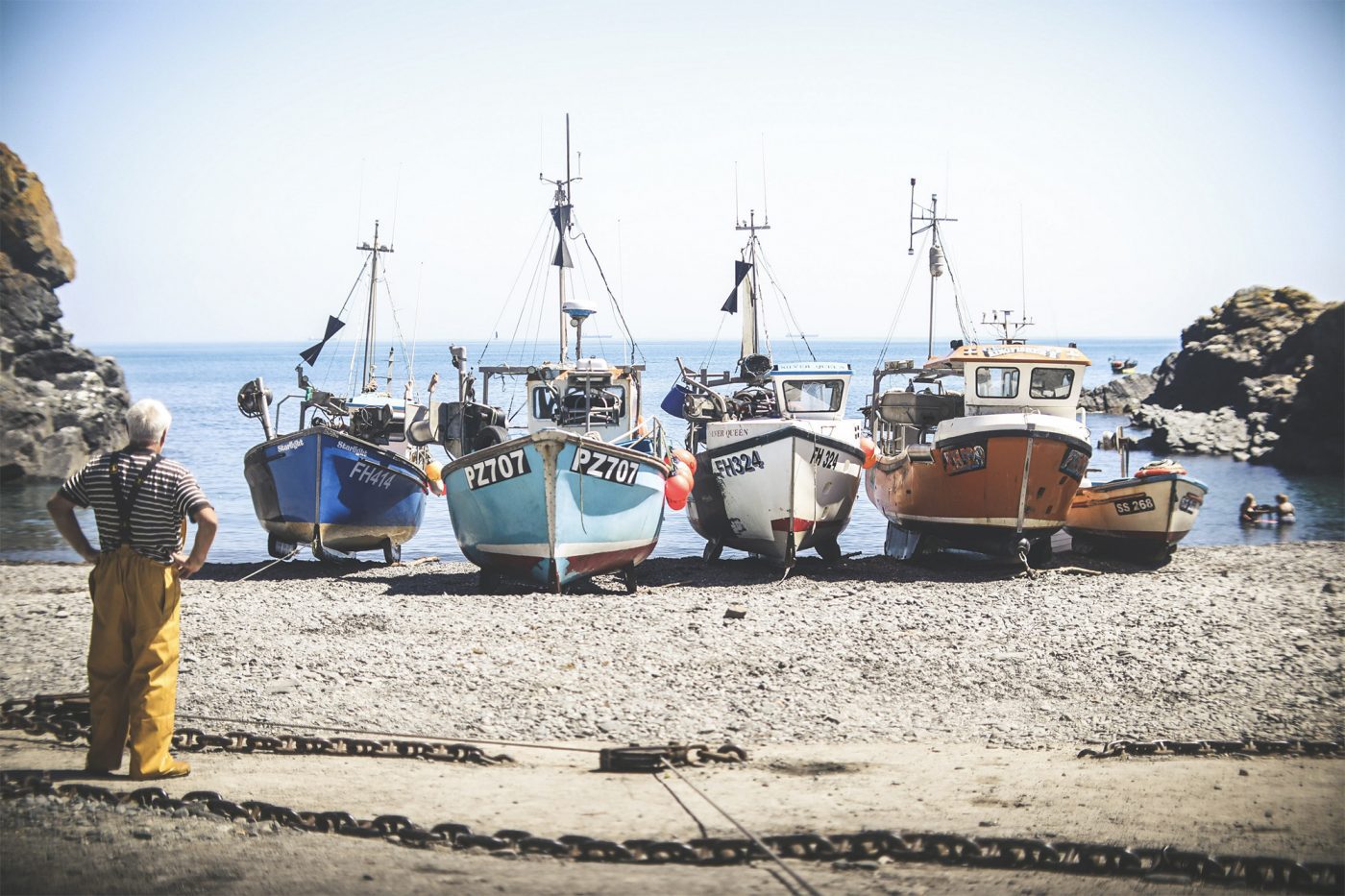26 July 2010
Regional advisory councils, frustrated at continuing weaknesses in many ICES fish stock assessments, are working on a major new initiative to address data deficiencies.
Around 60% of ICES stock assessments do not have “analytical” status under ICES own quality control procedures. Where ICES does not have the confidence to award an assessment analytical status, including catch options for the following year, the Commission invariably insists on a precautionary approach. This almost invariably results in TACs lower than they would otherwise have been. There is a strong incentive therefore for the fishing industry and the RACs to identify and resolve the main data deficiencies.
The lead is being taken by the North West Waters RAC, which has proposed a regional task force that will work to identify the stock assessments most in need of attention and coordinate efforts to resolve problems stock by stock.
The North Sea RAC is equally committed to finding a way out of the vicious cycle of poor data, low TACs and failed measures.
The idea behind the regional fisheries data task force is to bring together fishermen/RACs, scientists and government authorities in the member states, along with the European Commission, to identify problem stocks and design and put into effect appropriate remedial measures.
There are a number of other initiatives focussed on resolving data deficiencies that undermine coherent management measures, not least the Data Collection Framework Directive, and the RACs are determined to avoid any duplicated efforts. RACs however have a distinctive role to play, not just in improving the quantity and quality of fisheries data but in focussing attention and obtaining information on important features currently outside the ICES assessments. The fisheries response to management measures, variations in the level of discards and the retrospective nature of ICES fish stock assessments are examples.The reality is that the trend towards stock assessments without analytical status is increasing and there is a desperate need to put fisheries science on a solid footing. This can only be done with the involvement and cooperation of fishermen.
The NFFO is an active participant in both RACs.

